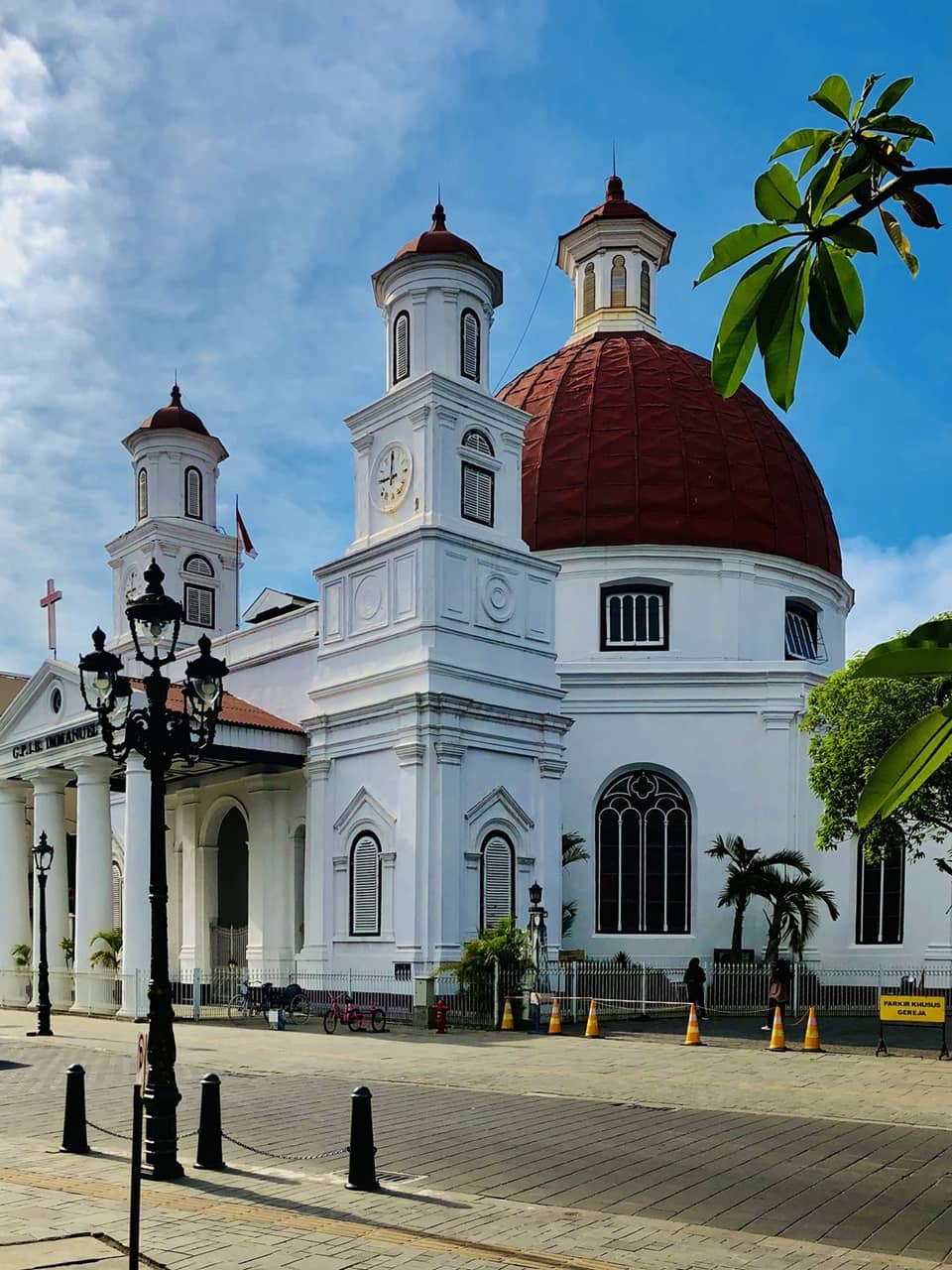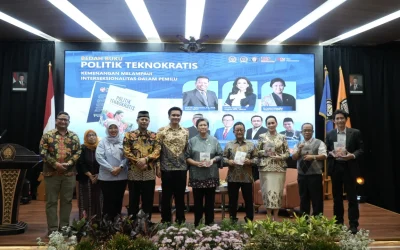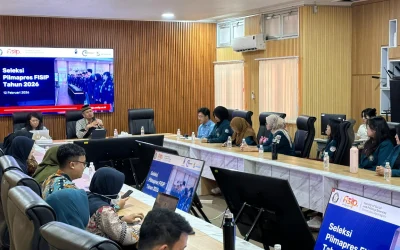Semarang – A research journal titled “Collaborative Governance from a Public Administration Perspective” highlights a new approach to governance in the public sector. Written by Prof. Dr. Drs. Hardi Warsono, M.T., a lecturer in the Department of Public Administration, this journal delves deeply into the concept and application of collaborative governance, which involves stakeholders beyond the government. Prof. Hardi Warsono, who completed his undergraduate studies at Universitas Diponegoro and obtained his Master’s and Doctoral degrees from Universitas Gadjah Mada, also teaches in the Master’s Program in Public Administration, particularly courses on Decentralization and Regional Autonomy.
The journal introduces collaborative governance as an approach that emphasizes a deliberative and consensus-based decision-making process to create or implement public policies. This approach involves various actors from both the public and private sectors with different, yet interdependent, interests to achieve optimal results. By involving all stakeholders, collaborative governance can achieve shared objectives more effectively and efficiently.
Furthermore, the journal outlines three models of collaborative governance that can be applied in various contexts. The first is the self-governance model, where no administrative entity is directly involved, and all stakeholders participate in network management. The second is the lead organization governance model, which involves a specific administrative entity as a service provider or network manager. The third is the network administrative organization model, a combination of the previous two, where a special administrative entity is established to manage the network without being a service provider.
The journal also identifies several challenges in implementing collaborative governance, particularly in terms of accountability. With numerous actors involved, each party is responsible not only for collective actions but also to their respective organizations. This creates complexity in accountability and performance evaluation, especially when there are conflicting interests among stakeholders.
Source: Hardi, W. (2020). Collaborative Governance from a Public Administration Perspective.
Through this research, Prof. Hardi Warsono hopes to make a significant contribution to the development of public administration science in Indonesia and to encourage more effective implementation of collaborative governance in various government and societal sectors.***
Contributor: Dewa Dika





0 Comments